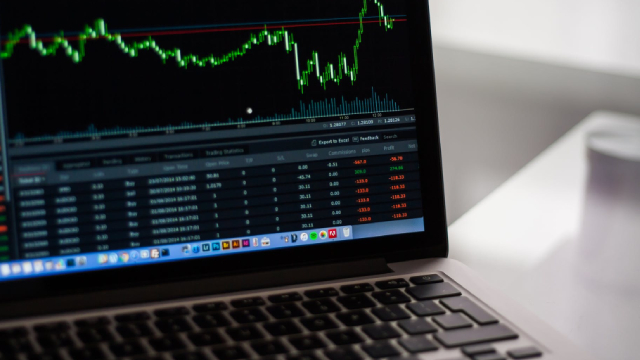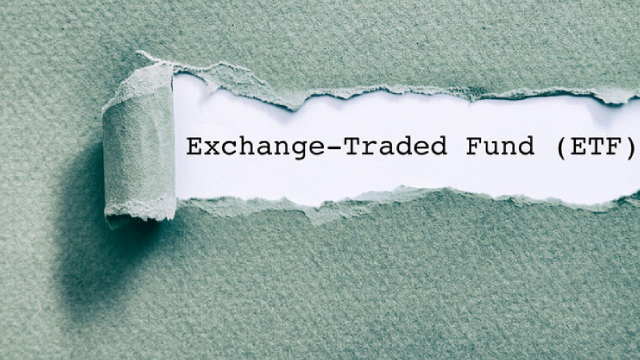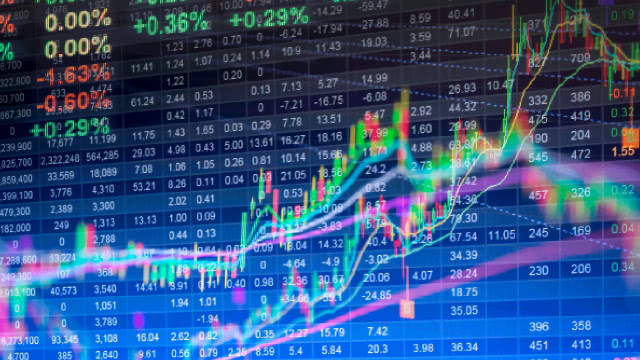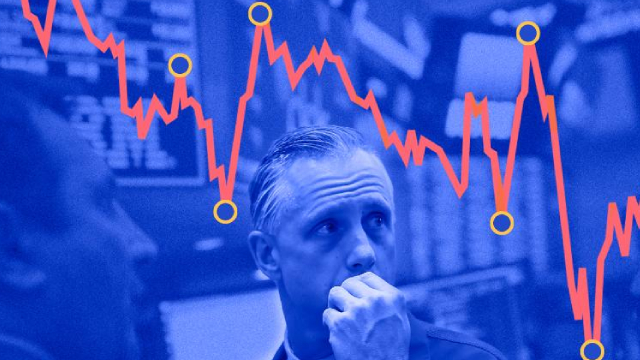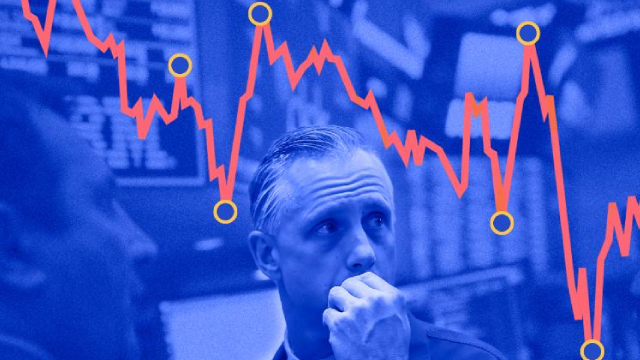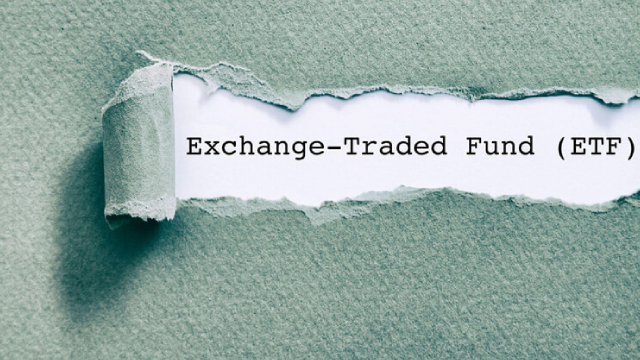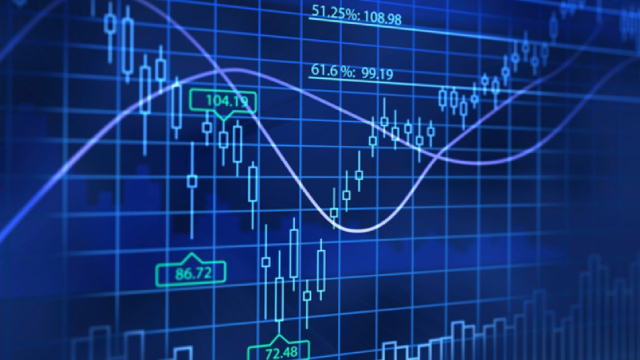BIL Stock Recent News
BIL LATEST HEADLINES
Some advisors are taking a tactical approach to investing. Many others are strategic and making 3-4 allocation changes a year.
Investors bet on defensive investments in short-term or ultra-short-term bond ETFs amid heightened uncertainty.
It's been another strong year for ETF demand. ETFs gathered approximately $350 billion of new money year-to-date through April 16.
On this week's episode of ETF Prime, host Nate Geraci and VettaFi Investment Strategist Cinthia Murphy analyze ETF flows and trends after a wild week in the markets. Later, Geraci welcomes VistaShares CEO Adam Patti to discuss the firm's unique approach to ETFs.
While getting to retirement age can be a blessing, the reality of counting on the U.S. government to provide for your needs is not the best idea. The full retirement age is 66 if you were born from 1943 to 1954. The full retirement age increases gradually if you were born from 1955 to 1960 until it reaches 67; for anyone born in 1960 or later, full retirement benefits are payable at age 67. One thing that those close to retirement or already retired can’t afford is a big dent in their retirement savings. 24/7 Wall St. Key Points: Both the Nasdaq and the Russell 2000 are down over 15% in 2025 Despite a thaw in some of the tariff rhetoric, it still is injecting volatility into the market Earnings for the first quarter may come in better than expected Is your portfolio safe enough to protect your retirement assets? Why not meet with a financial advisor near you for a complete review? Click here to get started. (Sponsored) A market crash, though devastating, is workable if you are in
Tariffs have caused havoc on the market, with double-digit equity drawdowns and sky-high volatility. Lots of investments are tailor-made for these conditions, experiencing either negligible losses, or seeing significant gains, during recessions. There are ETFs tracking these investments. A look into six such ETFs follows.
BIL offers exposure to ultra-short U.S. government bonds with attractive yield and market volatility shield. The future interest rate path remains uncertain, as the hike in trade levies may result in lower GDP growth and higher inflation for the U.S. economy. BIL provides an attractive yield to shareholders, which could benefit further with up to a 4% return in a 12-month horizon.
We highlight some defensive investment strategies for investors amid the ongoing chaos.
Cash is becoming increasingly attractive due to negative equity risk premiums, widening credit spreads, making highly liquid instruments appealing. BIL ETF, with a 0.13% expense ratio and 4.31% yield to maturity, offers a stable, cash-like investment with minimal bid/ask spread. T-bills, once overlooked, might be the “lesser evil” in the market due to economic uncertainties, negative S&P 500 ERP, and risks in long-duration bonds.
It is remarkable how Wall Street was bullish just six short weeks ago, and the major indices were printing all-time highs.
